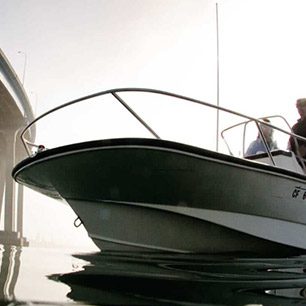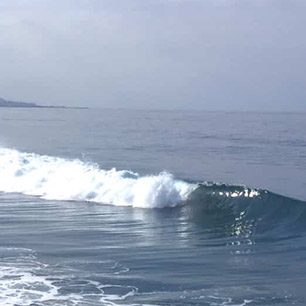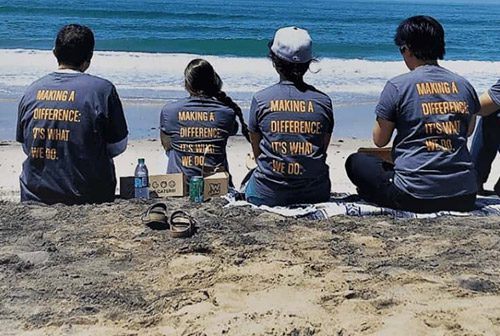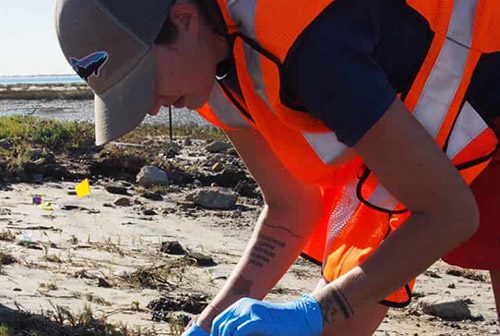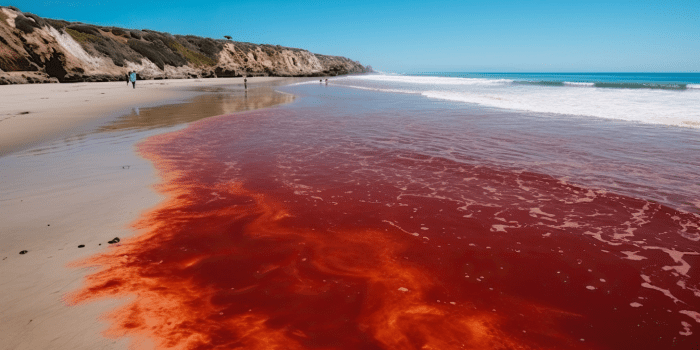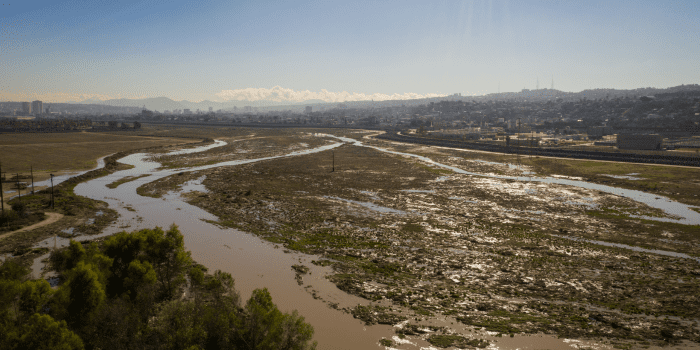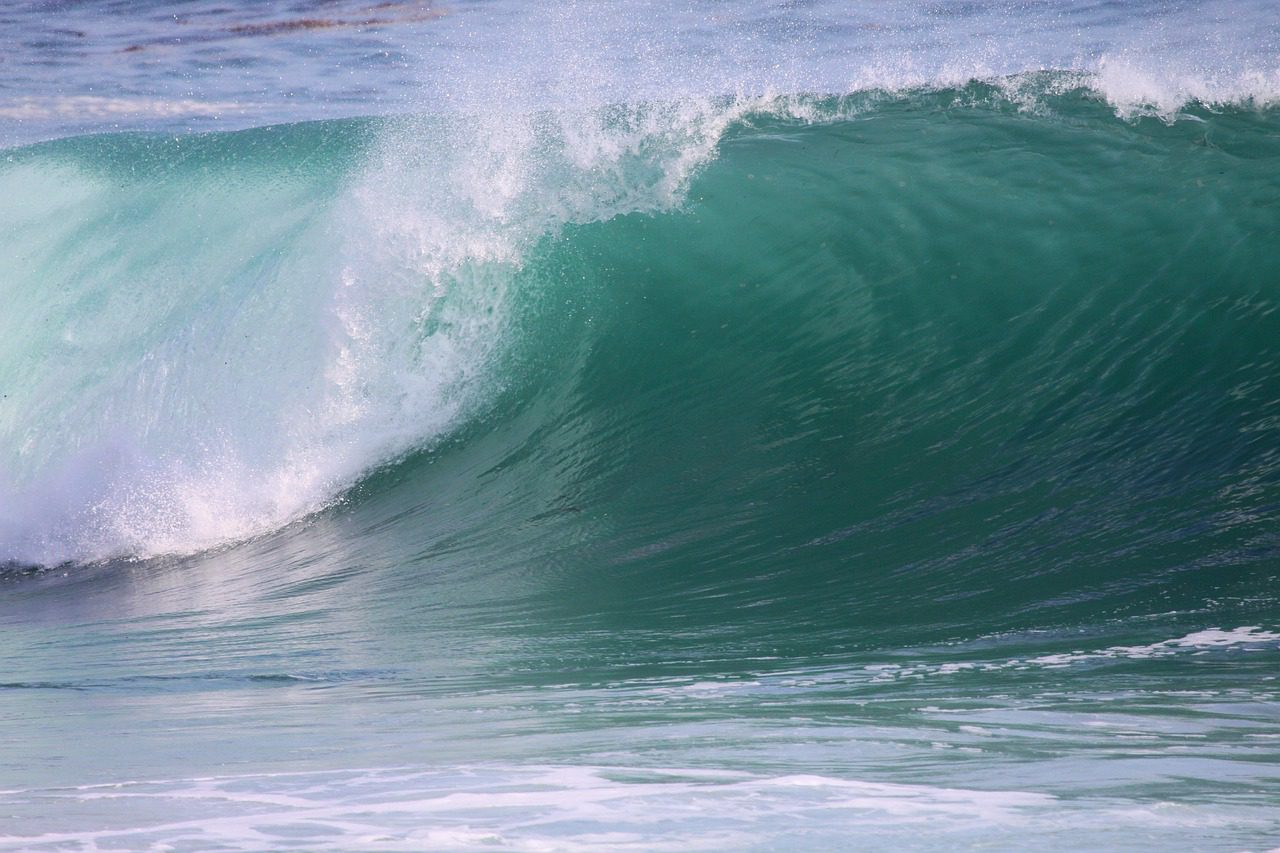Regional Board to decide fate of South Bay Power Plant on May 12
{readmorelink}Read the full article…{/readmorelink}
Sacramento, Calif.—May 5, 2010—The State Water Resources Control Board adopted a final state policy late Wednesday that will put California on a path to compliance with the Clean Water Act’s requirements for power plant cooling systems. Nineteen California coastal and Delta power plants use World-War II-era, “once-through cooling” (OTC) systems that pull in up to 16 billion gallons of coastal and Delta waters every year, killing marine life pulled into the plant and destroying many species caught on the plants’ screens. The Board’s new policy will require power plants to phase out the impacts of this devastating practice.
“Almost 40 years after Congress called for an end to the impacts of these cooling systems, California has taken positive action to ensure that we enjoy a healthy environment and sustainable energy,” said Linda Sheehan, Executive Director for the California Coastkeeper Alliance. “The policy adopted by the State Water Board reflects five years of exhaustive independent studies, careful analysis and extensive debate among stakeholders, and we look forward to its prompt and full implementation.”
These antiquated OTC systems kill tens of billions of fish, turtles, seals and other marine life each year in California alone. The 12 Southern California plants kill up to 30 percent of the number of fish recreationally caught off the Southern California coast each year, undermining state initiatives to protect marine life. The State Water Board adopted the final policy after a nine-hour hearing, marking the conclusion of five years of public process involving numerous state and federal regulatory agencies, power plant owners and operators, and a coalition of conservation, fishing and environmental justice groups.
The policy sets a compliance schedule for each OTC plant, including the three plants in San Diego County. The policy designates December 31, 2011, 2017, and 2022 as compliance dates for the South Bay Power Plant, Encina Power Station, and the San Onofre Nuclear Generation Station respectively. The Regional Water Board will be addressing the South Bay Power Plant at a hearing on May 12 to determine whether the plant should be shut down earlier. The new policy will not impact the Regional Board’s May 12 decision.
The federal Clean Water Act (CWA) requires power plants to use the “Best Technology Available” to minimize OTC impacts. However, virtually all California power plants using OTC do so under long-expired CWA permits and fail to use modern cooling (or energy generating) technologies. With the release of the policy imminent, power plants have begun upgrading their operations to newer generation technologies and “closed cycle” cooling systems, which avoid OTC’s impacts to coastal ecosystems.
“It is time to stop putting the costs of our energy generation on the backs of the ocean and Delta and the people that depend on healthy waterways,” says Sheehan. “The Board’s action will start to reverse that trend and lead the state to a sustainable future.”
###
San Diego Coastkeeper
Founded in 1995, San Diego Coastkeeper (localhost/sdcoastkeeper) protects the region’s bays, beaches, watersheds and ocean for the people and wildlife that depend on them. We balance community outreach, education, and advocacy to promote stewardship of clean water and a healthy coastal ecosystem.
California Coastkeeper Alliance
Using law, policy and science, the California Coastkeeper Alliance supports and enhances the work of California’s 12 Waterkeeper organizations and works to ensure that Californians enjoy clean water and a healthy coast. www.cacoastkeeper.org.

